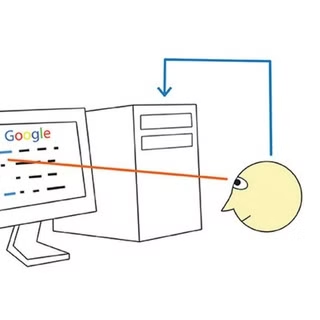Нейроинтерфейсы
Channel

4.79K
subscribers
нейроинтерфейсы (aka интерфейсы мозг-компьютер, BCI, BMI) • айтрекинг, глазоуправление • нейро, когно, психофизиология, HMI • BCI-related ML & DSP • https://bci.megmoscow.ru/ и МЭГ-центр МГППУ • подробнее см. https://t.me/bci_ru/2
Love Center - Dating, Friends & Matches, NY, LA, Dubai, Global
Find friends or serious relationships easily